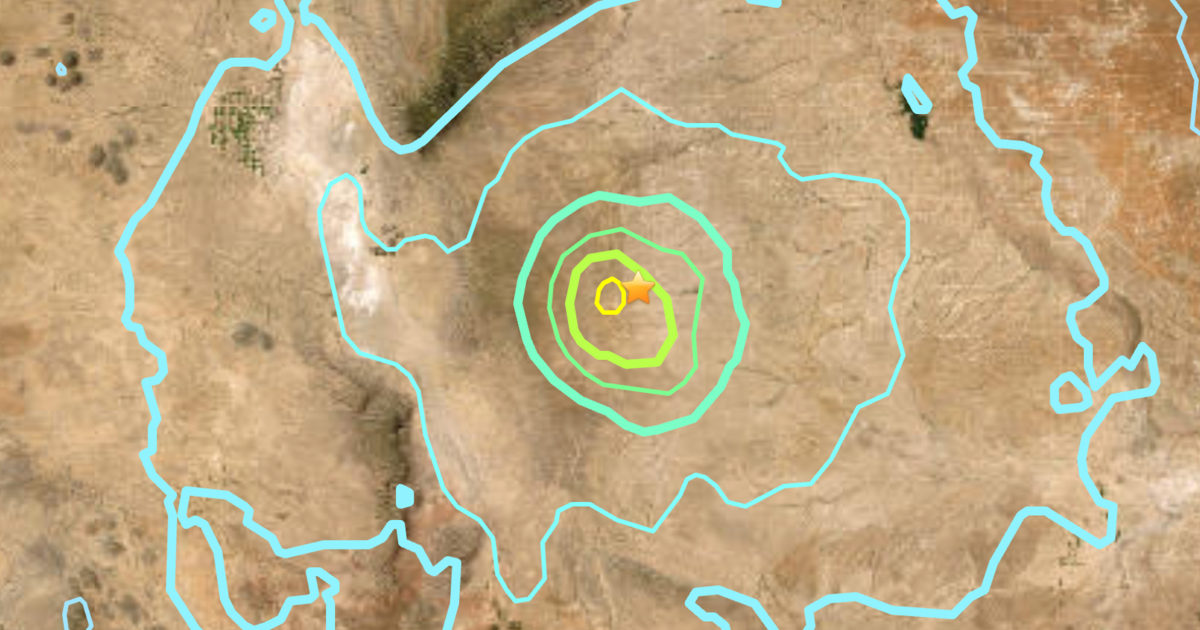“`html
NYC Braces for Days of Deluge: How Flash Flooding Will Impact Boro Bike Tours
New York City is bracing for days of heavy rainfall, with meteorologists warning of potential flash flooding that could disrupt daily life and popular outdoor activities like Boro Bike Tours. Starting Thursday, the National Weather Service predicts up to 5 inches of rain across the five boroughs, raising concerns about safety, transportation delays, and the viability of cycling events. The deluge, caused by a stalled coastal storm system, may force tour operators to cancel or reroute rides, while city officials urge residents to avoid non-essential travel.
Weather System Poses Unusual Flood Risks
The incoming storm differs from typical summer thunderstorms due to its prolonged duration and widespread saturation potential. According to NOAA data, urban flash flooding causes approximately 100 fatalities annually in the U.S., with Northeastern cities like New York being particularly vulnerable due to aging drainage infrastructure. The city’s sewer system can handle only 1.75 inches of rain per hour—a threshold likely to be exceeded during peak downpours.
“This isn’t just a passing shower,” warns Dr. Evelyn Cho, a climatologist at Columbia University’s Lamont-Doherty Earth Observatory. “We’re looking at 36-48 hours of continuous precipitation interacting with high tides, which creates perfect conditions for rapid water accumulation in low-lying areas.”
Boro Bike Tours Faces Operational Challenges
As one of NYC’s most popular cycling experiences, Boro Bike Tours has already implemented its inclement weather protocol. The company, which averages 15,000 riders monthly across its Brooklyn, Queens, and Manhattan routes, may need to:
- Cancel tours outright during severe weather warnings
- Modify routes to avoid flood-prone areas like the Gowanus Canal zone
- Provide rain gear or reschedule options for pre-booked guests
“Safety trumps everything,” says company COO Mark Vasquez. “Our guides receive specialized training for weather emergencies, but if streets transform into rivers, even experienced cyclists can’t navigate safely.” Last July, similar conditions led to a 40% cancellation rate and $120,000 in lost revenue for the business.
City Prepares Multi-Agency Response
The NYC Emergency Management Department has activated its flash flood plan, which includes:
- Deploying portable pumps in flood hotspots (Red Hook, Harlem, South Bronx)
- Positioning rapid-response teams near subway entrances
- Coordinating with the DOT to monitor bike lane conditions
Transportation alternatives become crucial during such events. Citi Bike reported a 22% surge in dock-stationed bike availability during last year’s September floods as riders abandoned cycling mid-route. Meanwhile, cycling advocates stress that properly maintained bike lanes could help channel water away from roadways if designed with climate resilience in mind.
Economic Ripple Effects for Tourism Sector
With 60% of Boro Bike Tours’ customers being visitors, the flooding threatens broader tourism impacts. The NYC Tourism Board estimates weather-related disruptions cost the city $3-5 million daily in lost activity revenue. Tour operators face difficult calculations balancing customer expectations with liability concerns.
“There’s a fine line between an adventurous New York experience and an unsafe situation,” notes hospitality consultant Lila Monroe. “Companies that communicate clearly about changes and offer flexible rebooking build long-term trust, even if it hurts short-term profits.”
Long-Term Climate Adaptation Strategies
This week’s weather event underscores larger infrastructure challenges. A 2023 Urban Systems Institute study found:
- 32% of NYC’s bike lanes lack proper drainage grading
- Flood-related bike lane closures increased 17% annually since 2018
- Only 12% of tour operators have flood-specific insurance coverage
Looking ahead, the city’s Climate Resiliency Design guidelines now require all new bike paths to incorporate permeable paving and elevated designs. For businesses like Boro Bike Tours, investing in weather-tracking technology and alternative indoor experiences may become essential survival strategies.
What Residents and Visitors Should Know
As the rain intensifies, officials advise:
- Checking Notify NYC for real-time flood alerts
- Allowing extra travel time if bike commuting
- Reporting flooded bike lanes via 311
While the storm will pass, its effects linger in a city grappling with climate change realities. For cycling enthusiasts, the coming days offer a stark reminder of nature’s power over urban mobility—and the need for adaptive planning. Those with upcoming tour reservations should monitor operator communications closely, as conditions may change rapidly.
“`
See more Your Daily Weather


